Finding ways to create a nurturing and calming environment can be a real challenge when caring for a loved one with dementia. One surprisingly effective approach is to invite some greenery into your home in the form of houseplants. In this article, we’ll guide you through the best houseplants for your loved one’s well-being, with a focus on ease of care, resilience, and their potential benefits for individuals with dementia.
The Gentle Touch of Nature
Houseplants offer more than just aesthetic appeal. They can provide a sense of connection with nature, which has been shown to have numerous benefits for mental and emotional well-being. For someone with dementia, these benefits can be even more significant. Here are some houseplants that are not only beautiful but also incredibly suitable for your loved one’s needs:
1. Lavender (Lavandula spp.)
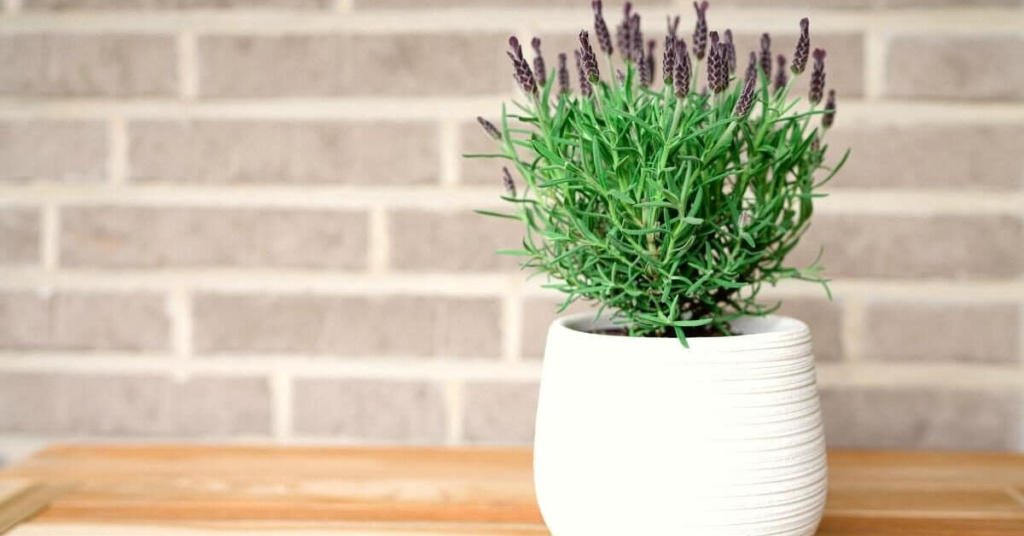
Lavender is known for its soothing fragrance, which can promote relaxation and reduce anxiety. It’s a resilient plant that thrives with minimal care. Place it in a sunny spot and water it sparingly, and it will reward you with its calming aroma.
Benefits: Lavender’s scent can help your loved one relax, improve sleep quality, and reduce agitation.
2. Snake Plant (Sansevieria trifasciata)
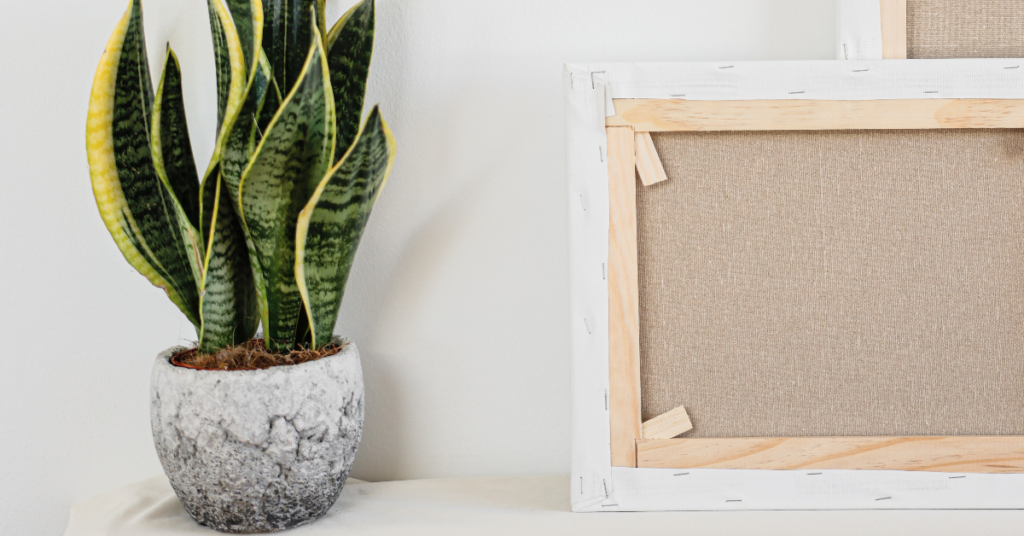
Snake plants, with their striking vertical leaves, are a visual delight. They’re virtually indestructible, tolerating low light and irregular watering. These attributes make them perfect for those with busy schedules or limited caregiving resources.
Benefits: Snake plants purify the air by removing toxins, creating a healthier indoor environment. Their low maintenance also reduces the stress of plant care.
3. Aloe Vera (Aloe barbadensis miller)
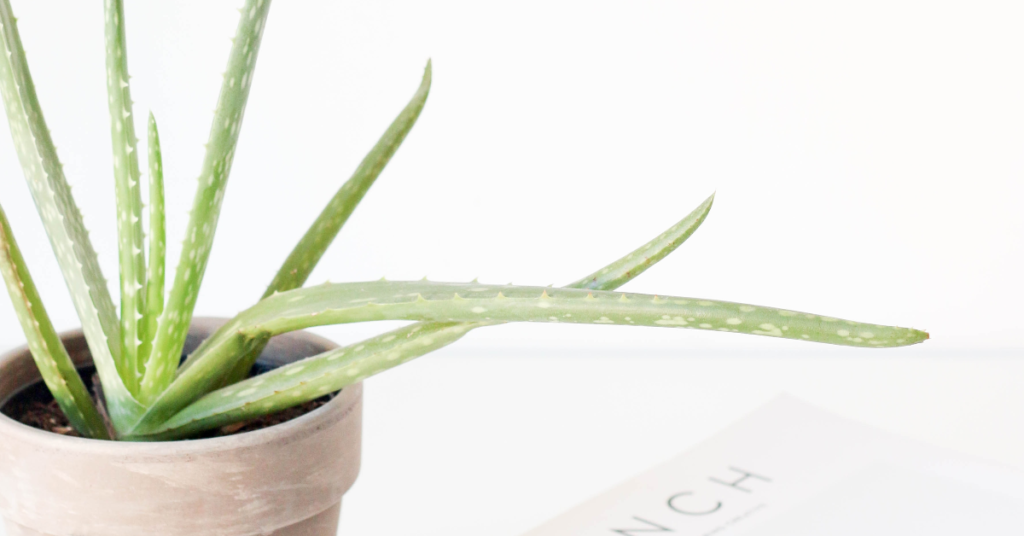
Aloe vera is not only well-known for its healing properties but also for its low-maintenance requirements. It thrives in indirect sunlight and infrequent watering. Its gel can be soothing for minor skin irritations.
Benefits: Aloe vera is a resilient plant with potential skin-soothing benefits for your loved one. Its presence can also provide a sense of purpose through minimal care.
4. Peace Lily (Spathiphyllum spp.)
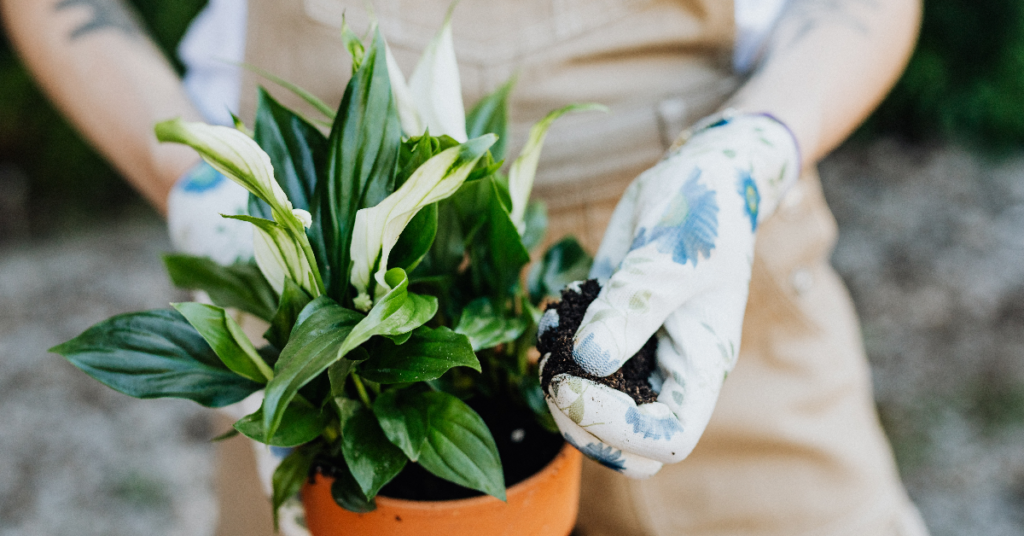
Peace lilies are elegant and versatile. They thrive in low to moderate light conditions and are forgiving when it comes to watering. Their pure white flowers add a touch of serenity to any space.
Benefits: Peace lilies improve air quality by filtering out common indoor pollutants, promoting a cleaner and healthier atmosphere.
5. ZZ Plant (Zamioculcas zamiifolia)
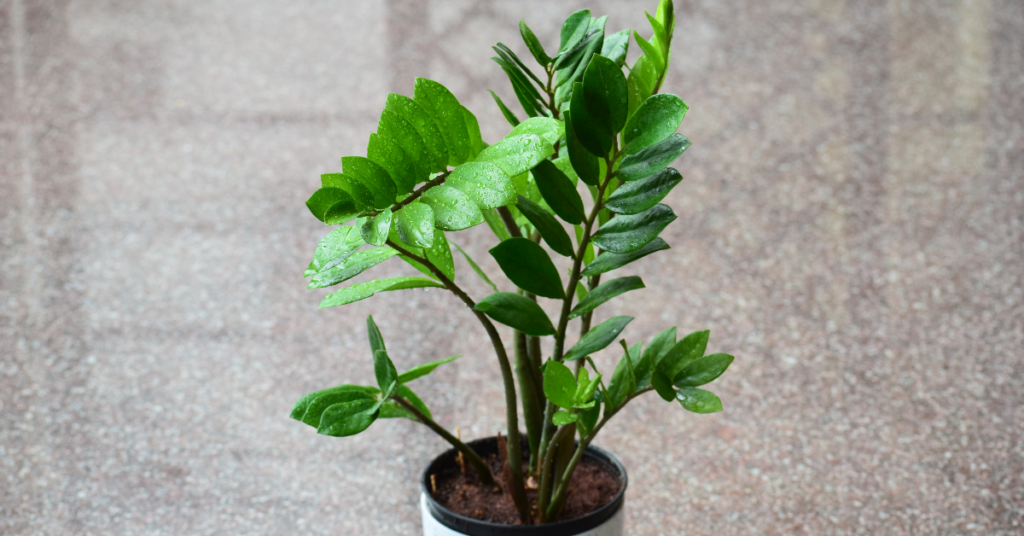
ZZ plants are known for their tolerance to neglect. They can survive in low light and require infrequent watering. These qualities make them an excellent choice for anyone, regardless of their green thumb.
Benefits: The ZZ plant’s low-maintenance nature allows you to enjoy the benefits of greenery without the worry of constant care.
Where to Buy Beautiful Houseplants
WeFlowers & Plants Co stock some of the finest plants from across the world, delivered to your door. We’re impressed with their consistent quality and customer service, so if you’re looking for the perfect gift, give them a try.
If you’re looking for something from our list that they don’t stock, you can find almost everything in the Indoor Plants section of Amazon UK.
Caring for Your Green Companions
To ensure the well-being of both your loved one and their plant companions, consider these tips:
- Choose plants that are non-toxic: Ensure that the plants you introduce into your home are safe for pets and humans, as accidental ingestion can occur.
- Placement matters: Position plants where they can be easily seen and accessed by your loved one. Natural light is essential, but be cautious of direct sunlight, which can scorch leaves.
- Keep it simple: Opt for plants that are easy to care for and require minimal attention. This reduces stress for both you and your loved one.
Incorporating houseplants into the home of a person living with dementia can positively enhance their quality of life. The benefits of nature’s presence, combined with the simplicity of these green companions, can make a significant difference in their daily well-being.






